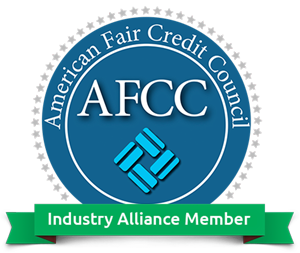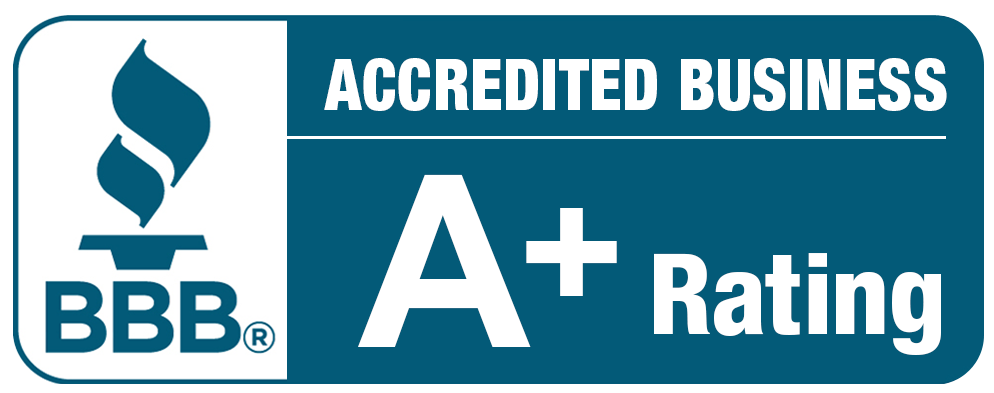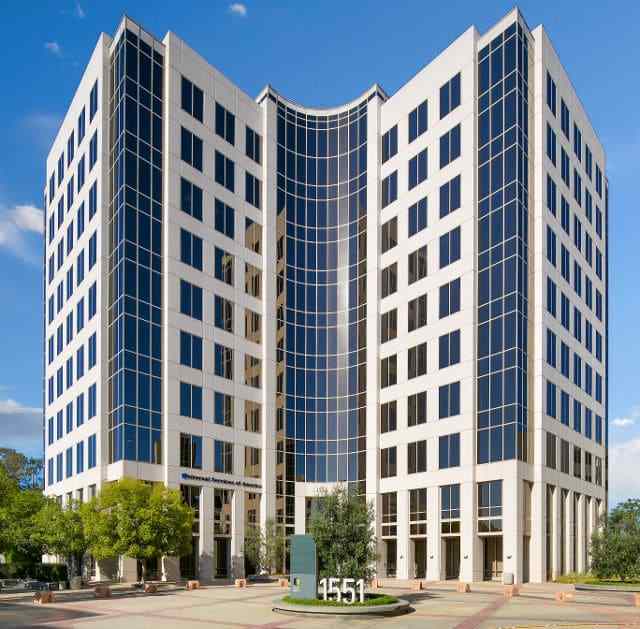In the world of business financing, there are various options available for entrepreneurs to secure funds to grow their ventures. One such option that has gained prominence in recent years is the Merchant Cash Advance (MCA). This financial product offers businesses a way to access quick capital, but it comes with its own set of advantages and disadvantages. In this article, we’ll delve into the pros and cons of a Merchant Cash Advance, helping you make an informed decision about whether it’s the right choice for your business.
A Merchant Cash Advance is a financing option that provides businesses with a lump sum payment in exchange for a percentage of their future credit card sales. This type of arrangement can be particularly appealing to businesses that experience fluctuating sales and need quick access to funds. Unlike traditional loans, which involve fixed monthly payments, MCAs offer a more flexible repayment structure that adjusts based on your sales volume.
Merchant Cash Advances (MCAs) function as a unique form of business financing that revolves around your credit card sales. Instead of a traditional loan with fixed monthly payments, an MCA provides you with a lump sum upfront, which is repaid through a percentage of your daily credit card transactions. The MCA provider and your business agree upon a “holdback” rate, which is the percentage of your sales that will be withheld to repay the advance. During periods of high sales, the repayment amount is higher, while it decreases during slower sales periods. This flexible structure can be advantageous for businesses with seasonal fluctuations. While MCAs offer swift access to funds without requiring collateral, it’s essential to understand the associated costs, such as the factor rate, which influences the total repayment amount.
One of the most significant benefits of an MCA is the speed at which you can obtain the funds. Traditional loan applications can take weeks to process, but with an MCA, you can often get the money deposited into your account within days. This quick access to capital can be a lifesaver when you have urgent expenses or growth opportunities.
Unlike many traditional loans that require you to put up valuable assets as collateral, MCAs are typically unsecured. This means you won’t have to risk your business assets or personal property to secure the funding. This can be a sigh of relief for business owners who may not have substantial collateral to pledge.
The repayment structure of a Merchant Cash Advance is tied to your daily credit card sales. During slower periods, your payments will be lower, easing the strain on your cash flow. This flexibility can be immensely helpful, especially for seasonal businesses that experience fluctuations in revenue throughout the year.
MCA providers usually have a straightforward application process. The requirements are often less stringent than those of traditional lenders, making it easier for businesses with less-than-perfect credit to qualify. This accessibility can be a game-changer for businesses that might not meet the strict criteria of banks.
Fill the form to request a free Business Debt Consultation Now!
Your information is confidential and will not be shared with outside parties. See our Privacy Policy. By submitting this form, you agree to opt-in to receive emails, text messages, auto-dialed and/or pre-recorded calls from nationalcreditpartners.org, and data rates may apply. You may opt-out of communications at any time.
One of the most significant drawbacks of MCAs is the cost. The fees associated with these advances are typically higher than those of traditional loans. The factor rate, which determines the total amount you’ll repay, can translate to an APR that’s much higher than what you’d find with a bank loan.
MCA repayments are usually collected daily as a percentage of your credit card sales. While this can be manageable during high-sales periods, it can become a burden when sales are slow. The constant withholding of funds can impact your working capital and potentially lead to cash flow issues.
Because MCA repayments are tied to your sales, if your business goes through a rough patch, you might find yourself in a cycle of borrowing to cover previous borrowings. This debt cycle can be difficult to break and could lead to long-term financial challenges.
While the flexible repayment structure can be advantageous, it’s important to note that dedicating a portion of your daily sales to repayments can impact your overall cash flow. It’s crucial to carefully assess whether your business can handle this arrangement without affecting its operations.
How to eliminate Merchant Cash Advance debt? Read this article
Defaulting on a Merchant Cash Advance (MCA) can lead to a cascade of financial repercussions for your business. When you fail to meet the agreed-upon repayment terms, the MCA provider has the right to take action to recover the outstanding balance. This typically involves accessing your business’s credit card sales and diverting a portion to cover the unpaid debt. Moreover, the provider might impose additional fees, penalties, and interest on the overdue amount, substantially increasing the overall financial burden. Defaulting on an MCA can also severely damage your credit rating and business reputation, making it harder to secure financing in the future. It’s crucial to communicate with your MCA provider if you foresee difficulties in making payments and explore potential solutions before defaulting becomes the only option.
Whether a Merchant Cash Advance is suitable for your business depends on various factors. If you need quick capital, have fluctuating sales, and can handle the potential higher costs, an MCA might be a viable option. However, if the high fees and daily repayment structure pose concerns for your cash flow, exploring alternative financing options could be a wiser choice. Read more about Merchant Cash Advance here.
Merchant Cash Advances can be a double-edged sword for businesses. On one hand, they offer speedy access to funds and flexible repayment terms. On the other hand, the high costs and potential impact on cash flow warrant careful consideration. As a business owner, it’s crucial to weigh the pros and cons and evaluate your specific financial situation before deciding whether to opt for a Merchant Cash Advance.
Read about Traditional Loans here.
While startups can technically apply for MCAs, they should carefully consider the potential impact of high fees on their early-stage cash flow.
It’s worth discussing terms with the MCA provider, as some aspects of the agreement might be flexible.
Retail, restaurants, and businesses with high credit card sales tend to benefit more due to the nature of the repayment structure.
Yes, alternatives include traditional term loans, lines of credit, and Small Business Administration (SBA) loans.
The total cost includes the factor rate and fees. It’s essential to understand how this translates into an APR for accurate comparison with other financing options.
If you are one of the many thousands of companies struggling with high interest business loans, call us today for a free consultation. Just taking the first step in talking to an expert can start relieving stress. And once you talk to a debt help specialist, you will see that there is hope.

AFCC has determined that National Credit Partners meets AFCC Alliance Membership Standards.

An A+ rating represents BBB's high degree of confidence that the business is operating in a trustworthy manner and will make a good faith effort to resolve any customer concerns filed with the BBB.

Santa Ana, CA 92705
Monday-Friday: 8:00am – 5:00pm PST
Saturday-Sunday: Closed

Chat with an expert to learn more about our strategies to help you find debt relief.